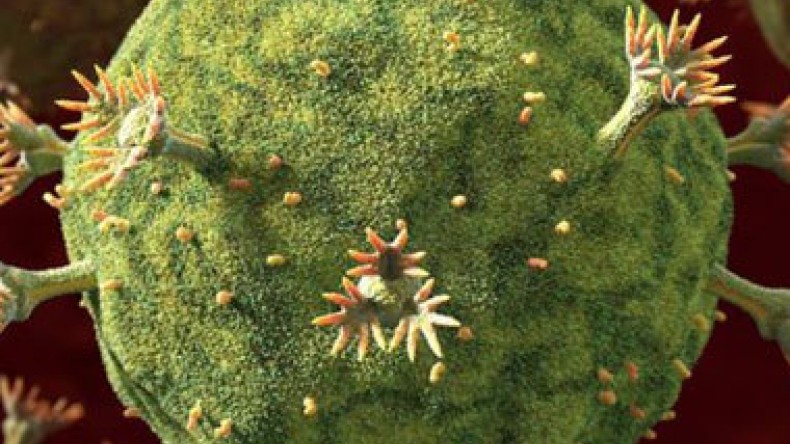
HIV: new approach against virus 'holds promise'
The first human trial of a new type of HIV therapy suggests it could be a promising weapon in the fight against the virus, the BBC reported.
Reports in the journal Nature show infusions of so-called broadly neutralising antibodies could suppress the amount of HIV in a patient's blood.
The approach uses clones of immune proteins taken from a rare individual who has natural control of the disease.
Scientists hope with further work this could bolster current treatments.
People naturally mount a defence against the virus by producing an army of protein based weapons - antibodies. But in most cases these are not powerful enough to defeat it.
The international research team harvested copies of unusually potent ones, capable of neutralising many different strains of HIV.
Patients given the highest concentrations were able to fight the virus for some time, dampening the replication of HIV in their blood.
The strength of this protection varied - in some it lasted more than four weeks.
In the journal the authors said: "Our data establish that passive infusion of single broadly neutralising antibodies can have profound effects on HIV viraemia in humans."
But because of the virus's ability to mutate rapidly, in some patients it was able to outwit the therapy by changing structure over time.
To overcome this scientists suggest using this treatment alongside current drugs or together with other antibodies.
Newsfeed
Videos






























